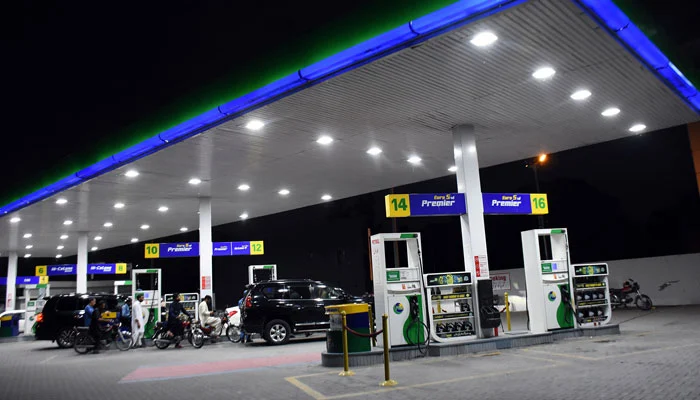Business
Petrol price may increase by Rs20 from Feb 16

Business
SIFC Promotes International Honey Trade: Malaysia Becomes an Export Destination for KP 60,000 Honey Farms
Business
The KSE-100 is getting closer to the 100,000 level thanks to bullish momentum.
Business
Irfan Siddiqui meets with the PM and informs him about the Senate performance of the parliamentary party.
-

 Latest News2 days ago
Latest News2 days agoThe public rejects repeated calls for protests and sit-ins because PTI wants to disrupt daily life. Ahsan
-

 Latest News2 days ago
Latest News2 days agoMaintaining Law and Order: Naqvi Visits D-Chowk To Raise Police, FC, and Rangers’ Morale
-

 Latest News2 days ago
Latest News2 days agoPTI’s protest accuses the president of Belarus of conspiring against the country. The president is due in ICT today. Dar
-

 Latest News2 days ago
Latest News2 days ago23 police officers were hurt in an altercation with PTI employees on Attock’s Ghazi Barotha Bridge.
-

 Latest News2 days ago
Latest News2 days agoAttaullah Tarar, the minister of information, travels to different parts of Islamabad; the majority of the city’s roads are open.
-

 Latest News2 days ago
Latest News2 days agoStrengthening Bilateral Relations: A Delegation of 68 Belarusians Arrives in Islamabad
-

 Latest News2 days ago
Latest News2 days agoAnti-Power Theft Campaign: Government Crackdown on Power Theft Recovers 133 Billion Rupees
-

 Latest News2 days ago
Latest News2 days agoBushra Bibi and Imran Khan are accused of inciting the PTI’s protest confrontations on November 24.






















